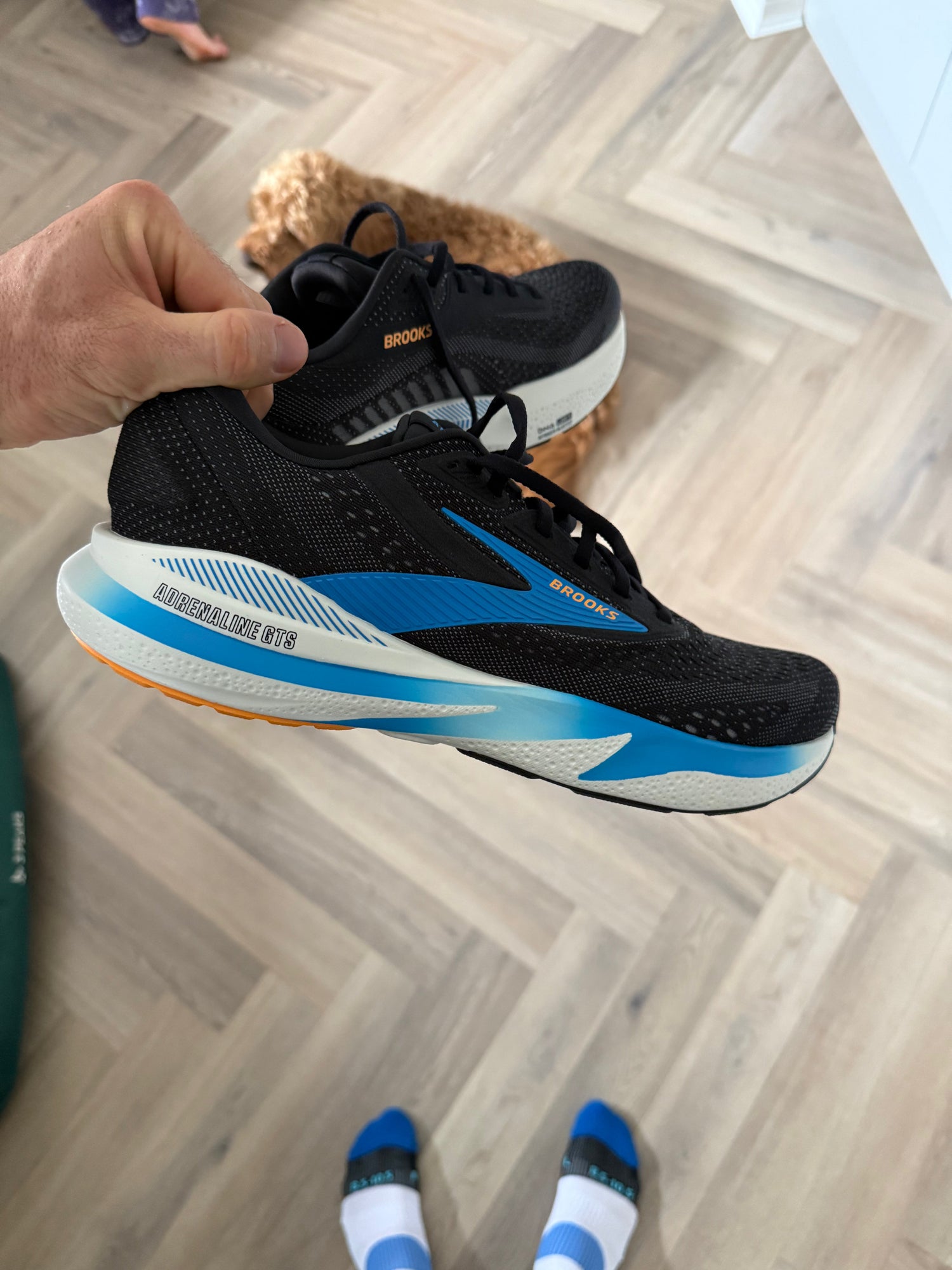Why Hydration Matters More Than You Think: Running and Dehydration
Running is demanding. Every stride increases your heart rate, body temperature, and sweat loss. Most runners underestimate just how fast dehydration sets in — and the truth is, by the time you feel thirsty, your body’s already on the back foot.
Hydration is more than quenching thirst. It’s about fuelling muscle contraction, keeping your brain sharp, regulating temperature, and protecting organs under stress. Miss it, and your performance and health both take a hit.
The Early Red Flags
Before dehydration becomes dangerous, it gives you signals:
- Dry mouth, cracked lips
- Unusual fatigue or irritability
- Headaches or lightheadedness
- Darker urine with a stronger smell
- Muscle cramps that creep in too early
Ignore these signs and the risks stack up — slower recovery, increased strain on the heart, and in severe cases, heat illness.
What’s Really Happening Inside
Running ramps up your metabolism and sweat rate. With every bead of sweat, your body is losing more than water. Sodium, potassium, and magnesium leave the system too — minerals that carry electrical signals to your muscles, help maintain blood pressure, and regulate cooling.
Lose too much and here’s what follows:
- Blood volume drops, so your heart has to work harder.
- The body struggles to cool itself, sending core temperature soaring.
- Muscle function misfires, leading to cramps and weakness.
- Hormones shift — cortisol rises, testosterone drops, and recovery slows.
The Impact on Performance
Even a small fluid loss changes the way your body performs:
- Just a 2% drop in body weight through sweat can reduce power by up to 10%.
- Running pace feels harder at the same effort — because dehydration increases perceived exertion.
- Without enough water in the cells, glycogen can’t store properly (remember: 1g glycogen binds 3g water). The result? Flat muscles and empty tanks.
When Dehydration Crosses the Line
In hot or intense conditions, dehydration can tip into serious medical territory:
- Heat exhaustion: heavy sweating, dizziness, nausea, clammy skin.
- Heatstroke: confusion, seizures, loss of consciousness, dangerously high body temp.
- Kidney stress: severe fluid loss reduces the kidneys’ ability to filter waste.
- Electrolyte imbalance: either from not replacing electrolytes or from drinking too much plain water — both put the body at risk.
How to Stay Ahead of It
Hydration shouldn’t be reactive — it should be part of your plan.
- Aim for around 40ml of water per kg bodyweight across the day.
- Drink 500ml an hour before running to set up your session.
- Use electrolytes to replace what sweat takes away — sodium to retain water, potassium and magnesium to keep muscles and nerves firing.
- After long or hot runs, combine fluids with carbs to properly restore glycogen stores.
The Bottom Line
Runners are disciplined about splits, nutrition, and strength work — but hydration is often left until it’s too late. Thirst is a late signal, and by the time it arrives, your performance has already dipped.
Stay ahead. Build hydration into your ritual. Respect electrolytes as much as you respect your miles.
Siply was built for this: 1000mg sodium, 200mg potassium, 60mg magnesium. Zero sugar. No filler. Clean, clear, and tested in sweat.
Simple. Clean. Drink With Intention.


Leave a comment
This site is protected by hCaptcha and the hCaptcha Privacy Policy and Terms of Service apply.